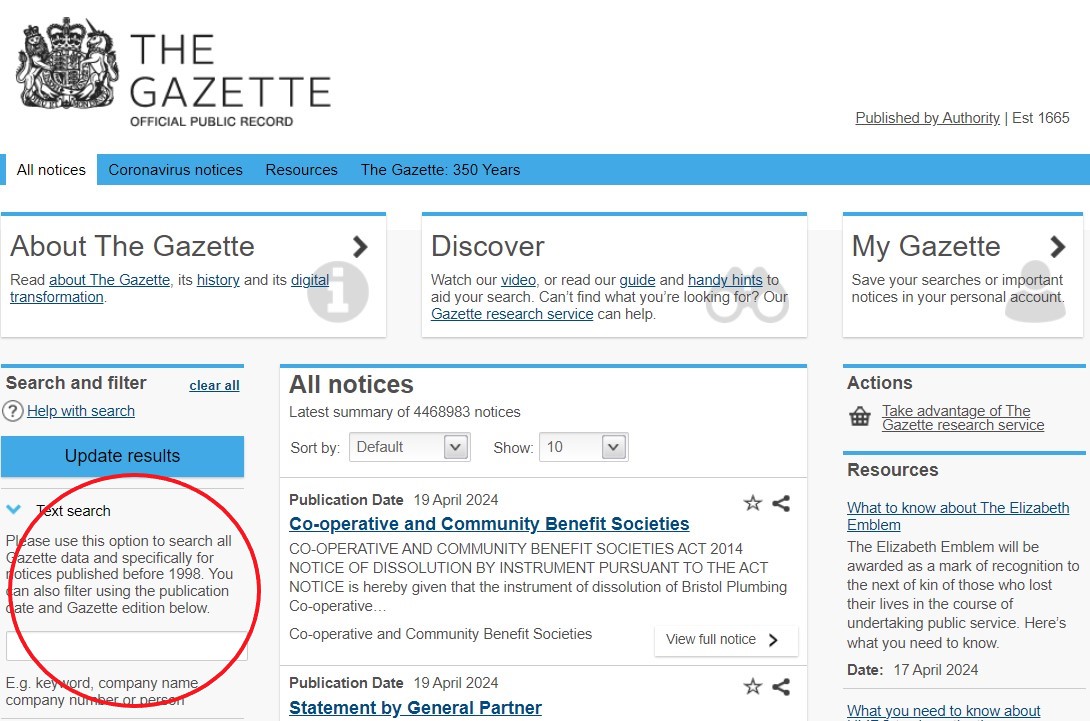D-Day and The Gazette - 80th anniversary

On Tuesday 6 June 1944, over 150,000 Allied troops landed by sea and air on five beaches in Normandy, France. Codenamed Operation Overlord, D-Day was the largest amphibious invasion ever assembled, before or since, and was the start of an Allied campaign in north-west Europe which would ultimately liberate Western Europe and end World War 2.
To mark the 80th anniversary of the Normandy landings, we’ve collated all Gazette resources from D-Day in one place. Read the official despatches from D-Day or find out how to search your ancestors in our extensive WW2 archive.
Gazette D-Day supplements
A despatch from Admiral Sir Bertram Ramsay describing on the opening phase of Operation Neptune, the naval component and assault phase of Operation Overlord.
A despatch from Air Chief Marshal Sir Trafford Leigh-Mallory describing the airborne operations by the Allied expeditionary air force in North-West Europe before and during Operation Overlord.
A supplement listing awards which were bestowed on soldiers by King George VI in recognition of gallant and distinguished services in Normandy.
Resources
D-Day 80th anniversary events UK
Take a look at some of the biggest events happening in the UK which will mark the anniversary of the Normandy landings.
Why we should never forget D-Day
Robert Lee of The Royal British Legion explains the significance of D-Day, and why it should be in our thoughts in June (and beyond).
D-Day heroes: Major John William Guy Shearman
Dr Jessamy Carlson, Family and Local History Engagement Lead at The National Archives (TNA), looks through TNA and Gazette D-Day records to tell the story of Military Cross recipient Major John William Guy Shearman.
As part of the events surrounding the 80th anniversary of D-Day, Gazette reader Janine shared with us the experiences of her father, Arthur Battersby.
How to search for a soldier in The Gazette
The Gazette is the official bearer of War Office and Ministry of Defence (MOD) events, and for hundreds of years The Gazette has been publishing honours and awards for gallantry and meritorious service in the armed forces, often referred to as 'Mentioned in Despatches'.
The easiest way to start a search on The Gazette is to head to the All notices section of the website, where you can type in the name of a soldier in the ‘Text search’ box (see below).

When searching for a soldier using keywords your success depends on the style used to gazette them at the time as there was no standard way of submitting and displaying information. For example, often no first name is used, just the initial and the soldier's surname. However, there are certain fields of information that had to be included in The Gazette for a soldier:
- name
- rank
- regiment
- date
- service number (post-1920)
It should also be noted that due to the column widths used in the printed Gazettes, a name could run over two lines and will be hyphenated, making it harder to find. The name of a soldier may also have been submitted in several different ways. Using the example of Arthur James Smith, it could have been listed:
- “Arthur James Smith”
- “Arthur J. Smith”
- “A. J. Smith”
- “A. James Smith”
- “Arthur Smith”
- “Smith, [service number] A. J.”
- “Smith, [service number] A.”
- “Smith, [service number] Arthur J.”
- “Smith, [rank], A. J.”
- “Smith, [rank], A.”
- “Smith, [rank], Arthur J.”
Providing details of a soldier will greatly improve your chances of success:
- Add a date range if the time of publication, if known.
- Add the award type to your search, for example typing 'Jacka Victoria Cross' into the search box returns Albert Jacka's VC awarded in 1915 (Gazette issue 29240). It should be noted that often certain awards will be awarded to multiple individuals at once. This means the lists of recipients may run over multiple pages and the award may only be mentioned in the first page.
- Add the regiment or service number to your search, for example typing 'Apthorp Royal Norfolk Regiment ' or 'Apthorp 56653' into the search box returns a mention in 1946 for Desmond Pretyman Apthorp (Gazette issue 37720).
- Add the citation to your search. It should be noted that due to the sheer volume of soldiers being gazetted during conflicts, full citations were not common. However, there are several websites that provide information about servicemen, including Gazette citations, such as the Commonwealth War Graves Commission. For example, the entry for Charles Yate contains his citation. By typing “led his nineteen survivors against the enemy” into the search box, it returns his Victoria Cross entry (Gazette issue 12744).
Find out more about how to search The Gazette.
